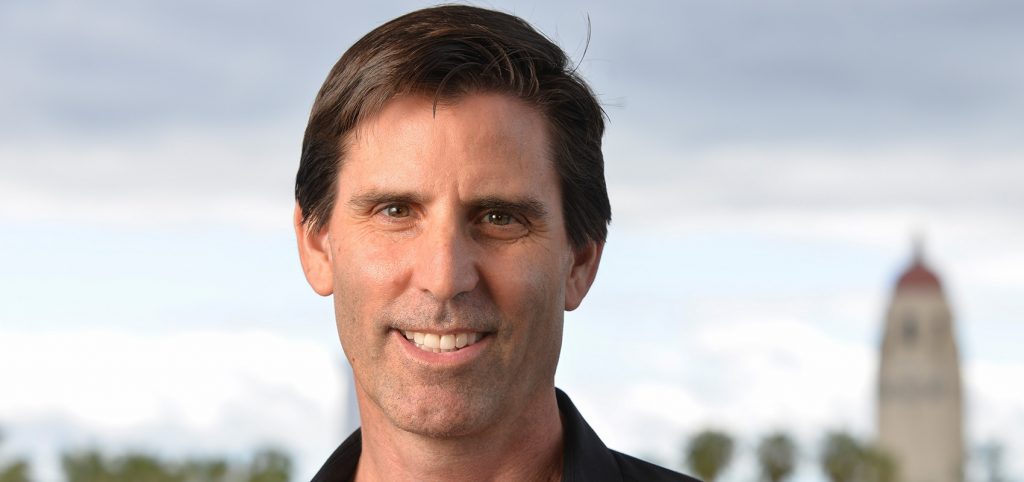A Stanford University professor who tried to sue a critic and the journal that published an unfavorable view of his work is opposing a judge’s order that he pay $75,000 in legal fees generated in the case.
In 2017, Mark Jacobson, an engineer who studies energy at the California institution, sued Christopher Clack and the Proceedings of the National Academy of Sciences (PNAS) after the journal published an article which cast doubt on some of the conclusions in a 2015 paper Jacobson had written in PNAS. The amount of the defamation claim? $10 million from each of the two parties, plus punitive damages and “any and all relief.”
Jacobson withdrew his lawsuit, which also demanded a retraction, in 2018, at which point Clack and the journal fired back. They filed their own suit grounded in the anti-SLAPP — short for “Strategic Lawsuit Against Public Participation” — statute, in which they asked for Jacobson to pay their legal fees.
Those fees weren’t trivial: As we reported last July, the plaintiffs in the anti-SLAPP case told the court they’d spent more than $600,000 defending themselves against Jacobson’s initial complaint — $535,900 for PNAS, and $75,000 for Clack. That last figure represents a dramatic discount from the $178,000 Clack’s lawyers could have billed based on their hourly rate, a fact noted by Judge Elizabeth Wingo, of the Superior Court of the District of Columbia, who presided over the motions.
On Sept. 13, 2021, Wingo ordered Jacobson to pay Clack $75,000 on or before October 13, but asked for more detailed invoices from the National Academy of Sciences, which publishes PNAS. The judge also said that at least one of Jacobson’s claims about the fees bordered “on the frivolous and is in no way persuasive.”
Ten days later, Wingo granted Jacobson’s motion to allow his initial team of attorneys, Paul Thaler and Jackson Nichols, of Cohen, Seglias, Pallas, Greenhall & Furman, to step down from the case after the scientist told them he wanted to represent himself — pro se, in legalese — in the matter.
The following day Jacobson filed another motion, this one to vacate the judgement requiring him to pay Clack. Clack in turn filed a counter motion on October 6 opposing that request — which Jacobson parried on October 10 with a new motion asking the court to vacate its order that he reimburse his critic. That hasn’t happened yet.
Neither Clack nor Jacobson have responded to requests for comment.
Like Retraction Watch? You can make a one-time tax-deductible contribution by PayPal or by Square, or a monthly tax-deductible donation by Paypal to support our work, follow us on Twitter, like us on Facebook, add us to your RSS reader, or subscribe to our daily digest. If you find a retraction that’s not in our database, you can let us know here. For comments or feedback, email us at [email protected].

What a stupid country just living to make lawyers rich!
Jacobson might just earn himself a substantially higher tab through his motions, which require his opponents to spend legal fees refuting them. Lie in the bed you made, Dr. Jacobson
Any update on this saga?
Speaking of the flow of juice I hope CAISO is able keep the grid up today as it’s going to be very hot in the region today- similar to the July 2006 heat wave.
CASIO published a report on how they keep the CA grid up during the September 2022 heat wave-
http://www.caiso.com/Documents/Regional-Issues-Forum-Presentation-Market-Conditions-Issues-Performance-During-Summer-2022-Heat-Wave-2022-11-08.pdf